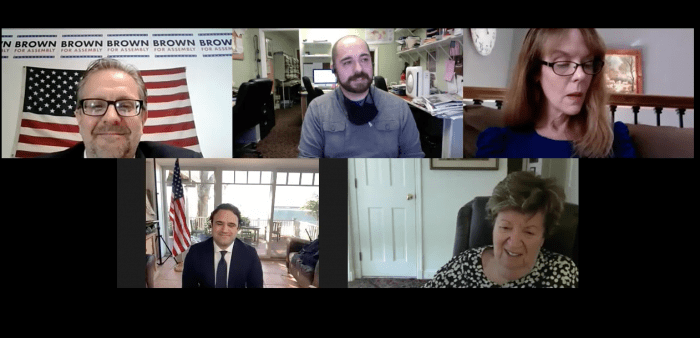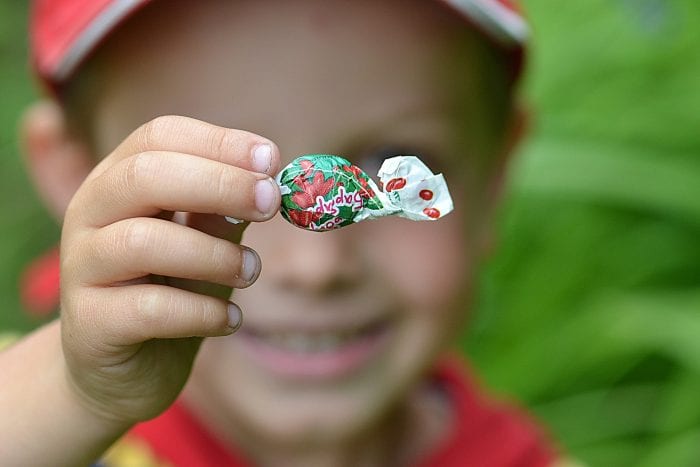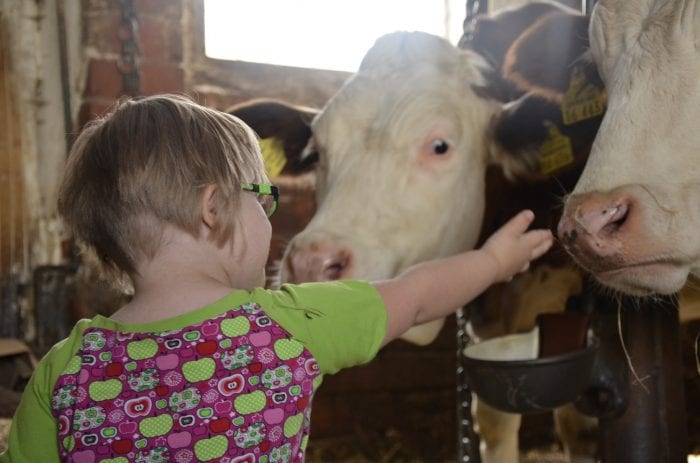By Daniel Dunaief

What if James Bond had to wear a mask? What would it look like and would it become a fashion accessory and a multi-functional gadget at the same time?
It could be all black to match his dapper tuxedo. If he ever wore a bow tie that was a different color, he could coordinate the two items to keep the visual integrity of the ensemble.
Then again, maybe it’d be pink with a small ribbon, to show that he’s finally caught up to the times and, after all those years of leading ladies who fall in love with him at their own peril, he sees an opportunity to show his appreciation for women and the fight against breast cancer.
Maybe the mask would have a bright light built into it. He could use the light to interrogate someone, to shine it in someone’s eyes who was about to shoot him or to distract a vicious dog or lion that was about to eat him, but who followed the light around the room instead. He could also use the light in dark tunnels or underneath pyramids.
A problem with masks, even the ones we change each day, is that they don’t change what our faces do beneath them. It’s hard to sense the difference between a hidden smile and a smirk.
Remember those mood rings, which changed color depending on how we were feeling? A modern Bond could have a mood mask.
A James Bond mask wouldn’t simply be colorful. It would also be a communicator, akin to Maxwell Smart’s shoe in “Get Smart.” By tilting his head once to the right, Bond could speak with M or Q or any other one-letter person or, perhaps, another 00 like him, who would be able to speak with him through their mask. Tilting his head twice to the right would hang up the phone. He could dial by touching his tongue to a keypad in his mask.
By tilting his head to the left once, Bond could order a vodka martini, shaken not stirred, from the nearest bar.
In fact, keeping up with modern times, maybe Bond wouldn’t need to speak at all, but the mask could pick the ideas in his head, like, “hey, that woman over there looks intelligent. I can’t wait to speak with her about her hopes and aspirations. After we get to know each other well, we can establish a trusting relationship and then blow stuff up, kill some bad people, save the world and then spend some time undercover, if you know what I mean.”
A James Bond mask would also be the modern version of his all-purpose watch. Contoured to his face, he could whistle, causing the mask to break glass by releasing a supersonic sound. It could also shoot out a lifesaving dart or even provide oxygen for him if he were trapped underwater by a bad guy who didn’t realize that you can’t drown Bond while he’s wearing his mask.
Given the physical demands of the job, the mask would also come with a built-in coolant. Instead of sweating into the mask, the mask would be made of a dry-fit material while, on cue, it would release a comfortable and sweet-smelling coolant that would also cover up his bad breath.
Maybe he’d have a mask that played the theme song from his movies. Each time he bit down, he could sway and swagger to the familiar and engaging theme, annoying the evildoers with a song that almost always signals a Bond victory.
















